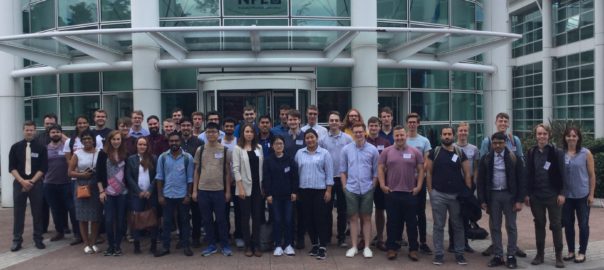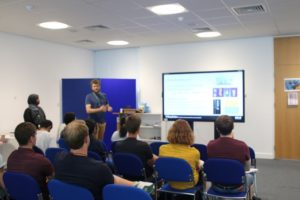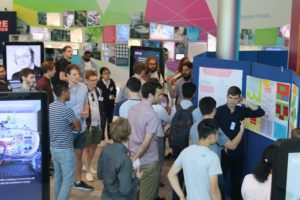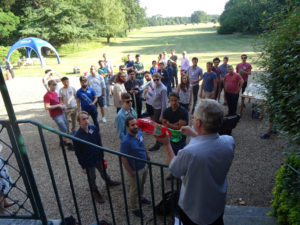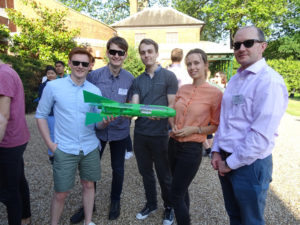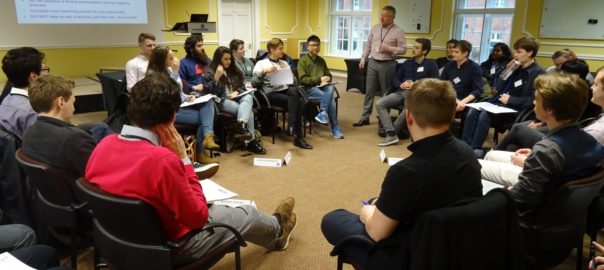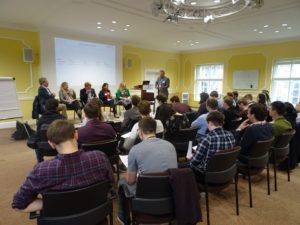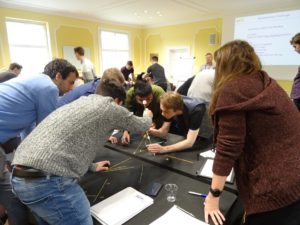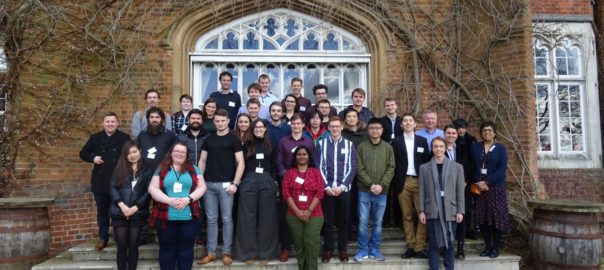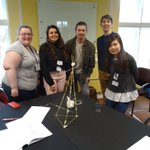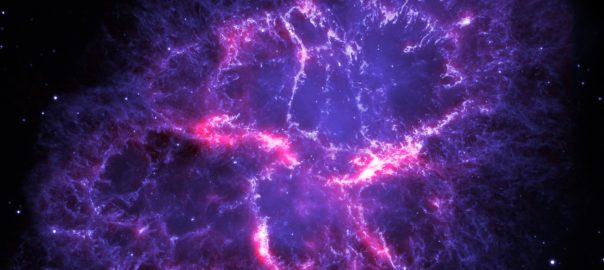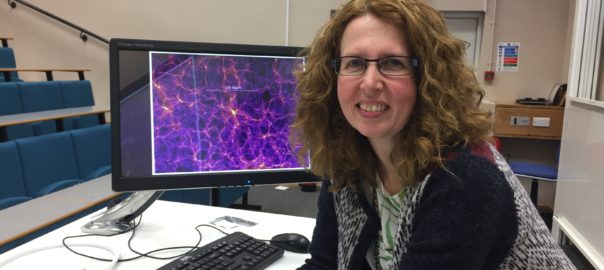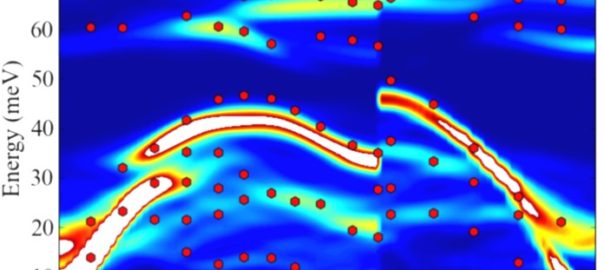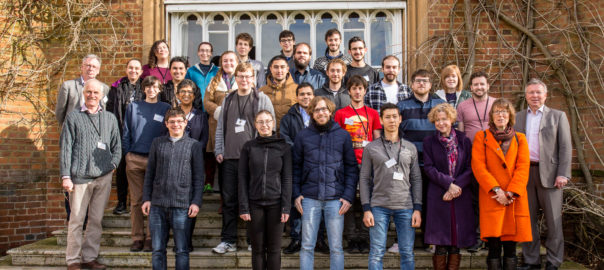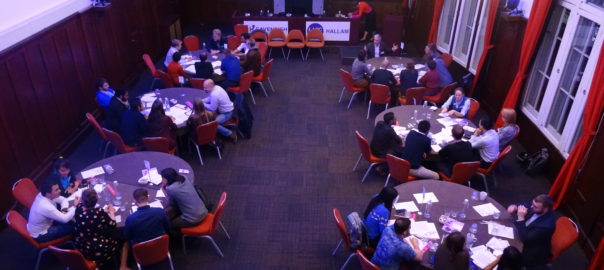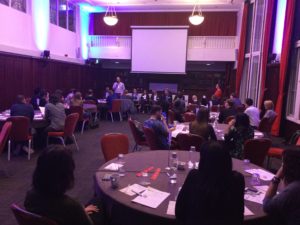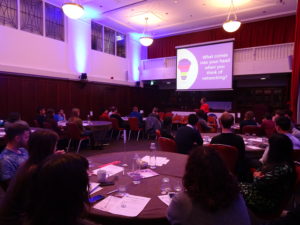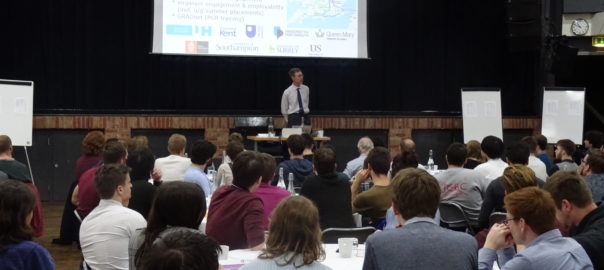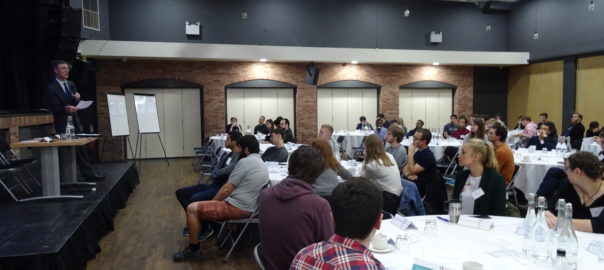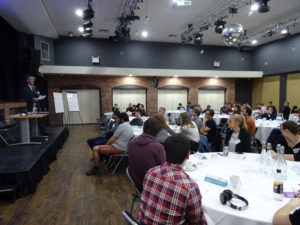Who: All SEPnet postgraduate researchers who want to develop their leadership and team-building skills
What: This 3-day residential school will focus on the skills required for effective leadership and team-working. Different leadership styles will be presented and discussed. Each student attendee will be given the opportunity to have their preferred team-working style evaluated using the Belbin model.
When: 18-20 February 2019
Where: Cumberland Lodge, The Great Park, Windsor, Berkshire.
Numbers: Circa 25-30 delegates
Core activity: Columbia’s Final Mission
This multi-media case tracks the Columbia Space Shuttle mission from launch as NASA engineers and leaders sought to understand the nature and threat associated with an anomaly that occurred on launch. Over the course of the mission, managers and engineers at NASA analysed the damage, assessed the risks, and decided what to do. Members of the NASA team had different perspectives, opinions and views about the damage, its effects and therefore the actions that would need to be taken. Leadership, organisational culture, communication, personality characteristics, formal systems and job positions are amongst many complex issues that affected the course of the decision-making process. In the event, at the end of the mission, the shuttle disintegrated as it re-entered the Earth’s atmosphere, killing the seven astronauts.
Participants will analyse the case using materials supplied by NASA under the guidance of a consultant. As the mission unfolds, they will work in teams, each team taking the role of one of the key NASA managers or engineers. A team experiences only those events and has access only to information that that person had at the time of the mission. This adds a rich dimension to the case experience as participants recognise how perceptions of the same event can vary. With a combination of team working and plenary discussion, key principles and applications of leadership, management.
What students said about this year’s Winter School:
- No prior knowledge required. Very useful; I hadn’t considered that organisational leadership would be completely different (it required skills and considerations) to small group leadership. This course opened my eyes to new useful and practical concepts which I didn’t know existed.
- I really enjoyed the programme. It was varied and interesting. I liked the mix of presentation and workshop and having networking discussion panels with employers was useful.
- The programme was typically very well run and extremely engaging.
Register here. Registration deadline, Monday, 21 January 2019.
This event is free (SEPnet pays for your accommodation and course fees) for SEPnet postgraduate researchers and travel expenses incurred can be claimed from your Physics Department.

